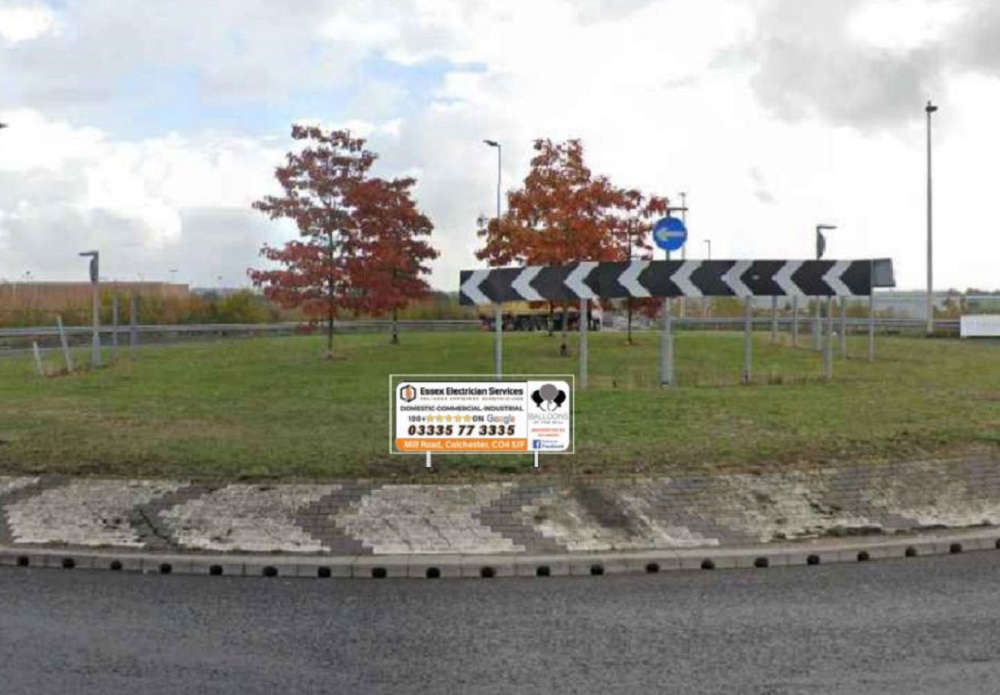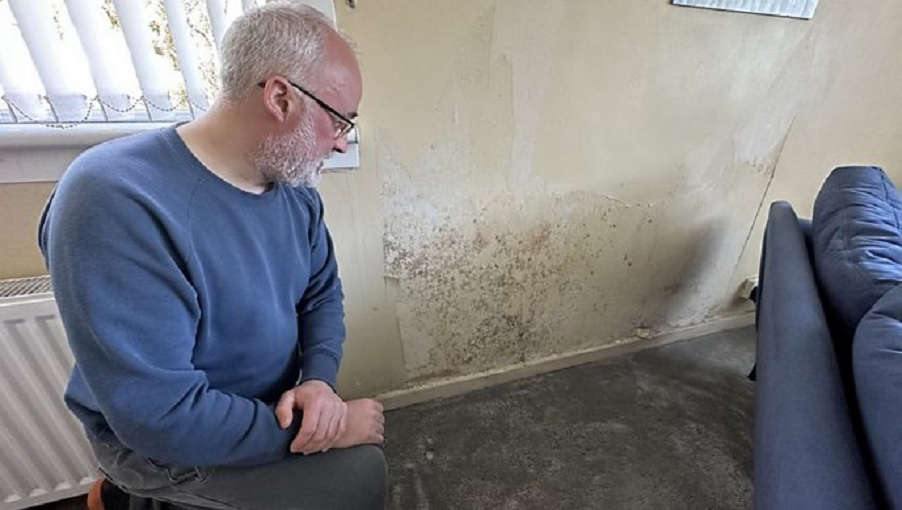

Equipment Theft Bill offers hope on tool theft issue
Posted: Monday, January 30th, 2023

Anti-tool theft laws might soon be a reality if a private member’s bill put forward by Conservative MP for Buckingham, Greg Smith passes through parliament. Although The Equipment Theft (Prevention) Bill has only had its second reading in the House of Commons, the signs are positive it will become law, with both the Tory government and the Labour Party throwing their combined weight behind it. Speaking on The Clive Holland Show last week, Smith said: “Never take anything for granted, but I have high hopes that this will go the distance and will be on the statute book this year.” The Equipment Theft Bill initially started as legislation to combat the theft of agricultural equipment, primarily quad bikes. However, its provision has since expanded to cover a much broader scope. “I pushed and ensured that we got the provision to expand the scope to virtually anything including power tools, or GPS units, to make sure that we are putting in place a clear deterrent that prevents [people] from wanting to steal these items, because they won’t be able to monetise them later,” explained Smith. The main thrust of the private members bill would introduce forensic marking on tools, making them harder to sell second hand. In 2021, Smith had previously tried to introduce a bill that called for a power tool serial number database, And that any second tools being sold on an online marketplace must have ‘searchable’ serial number data within the ad. According to Smith, The Equipment Theft Bill offers a more practical solution than his previous effort. After speaking with the police and manufacturers, he was advised that forensic marketing was “indestructible, as a way to track stolen goods”. The fledgling bill will head to a Public Bill Committee, which will make various technical amendments, before returning to the House of Commons for its third reading. Assuming that goes smoothly, it will then go to the House of Lords, and from there to Royal Assent. “It is very rare in politics that you get that cross-party consensus on something. So, with the two biggest parties in the House of Commons – the Conservatives and the opposition – supporting this bill, I don’t see many obstacles to it passing through all its stages,” he added. To listen to the full interview, please click below and listen to the podcast.
Trending Stories
-
 Essex electrician has roundabout signs rejected
Essex electrician has roundabout signs rejected
A sparkie’s bid to sponsor signs on two roundabouts has been refused by planning chiefs who described them as “clutter”
-
 Barbie caused a ‘worldwide’ shortage of pink paint
Barbie caused a ‘worldwide’ shortage of pink paint
Barbie needed so much fluorescent pink paint that it caused a worldwide supply shortage for an entire company
-
 Builders find body of man murdered in the 1960s and buried in back garden
Builders find body of man murdered in the 1960s and buried in back garden
A woman who bought a South London house was left horrified after builders discovered the body of a man murdered in the 1960s and buried in her garden 14 months after she moved in
-
 'Government insulation scheme ruined my home'
'Government insulation scheme ruined my home'
A home-owner said his flat has been ruined by black mould caused by a government "green" insulation schem
-
 Builder celebrates lottery win by buying his coworkers bacon butties
Builder celebrates lottery win by buying his coworkers bacon butties
A builder from Milford Haven who won big on the lottery celebrated his victory by treating all his workmates to a round of bacon rolls
Comments
Add a comment